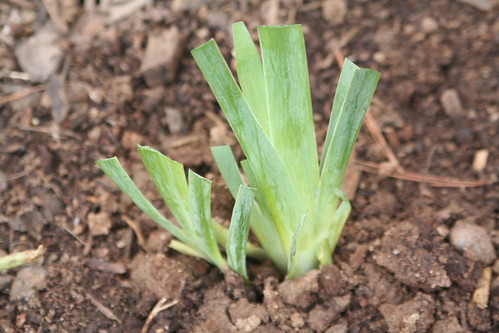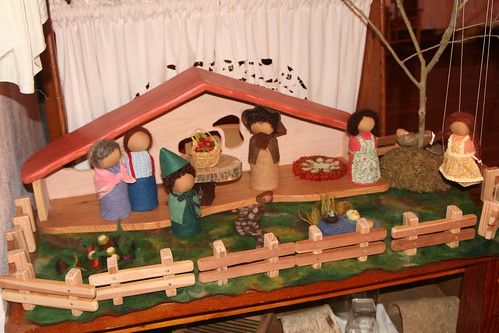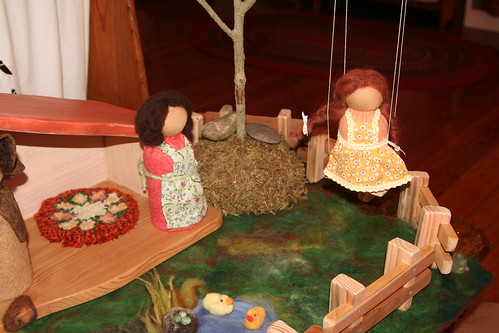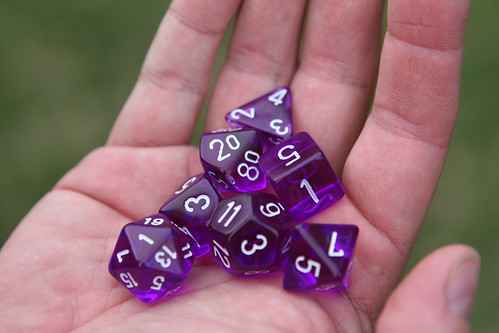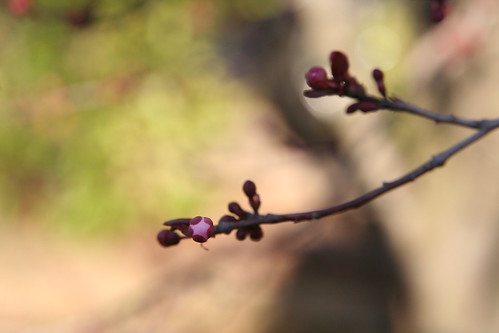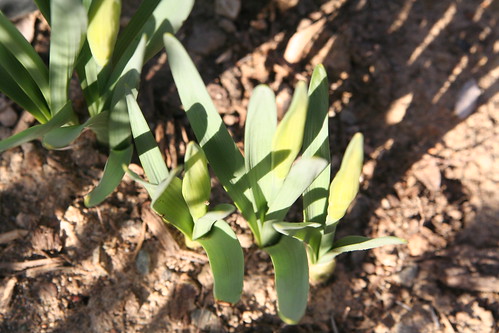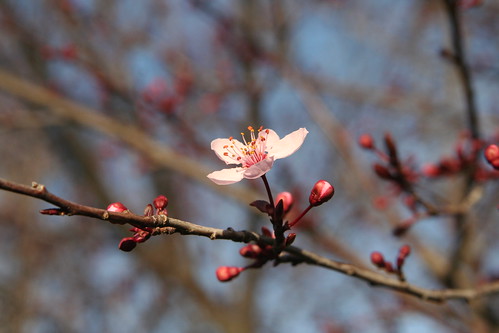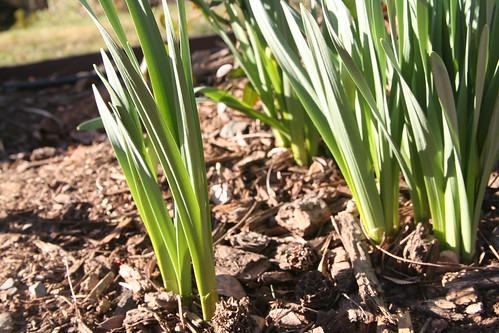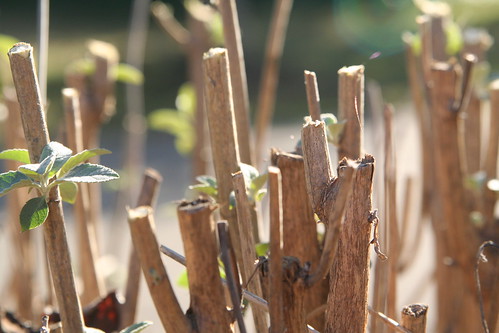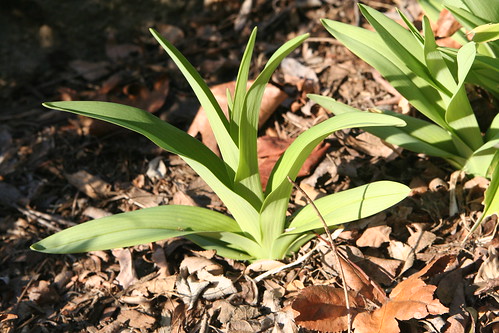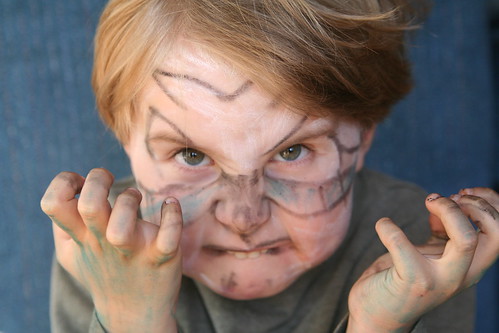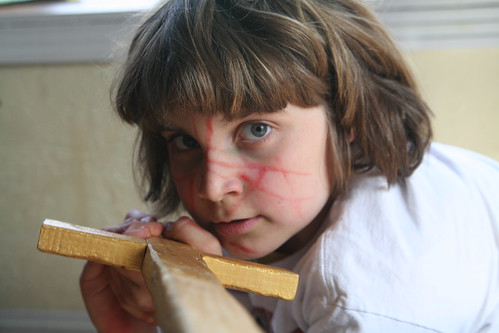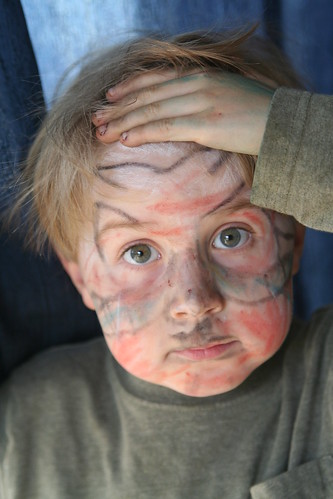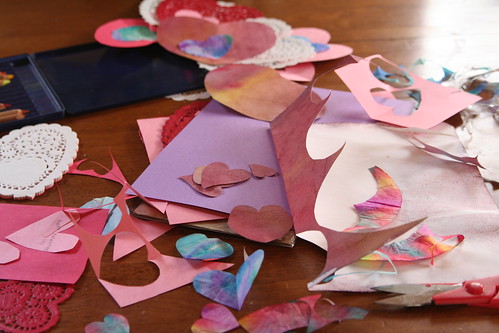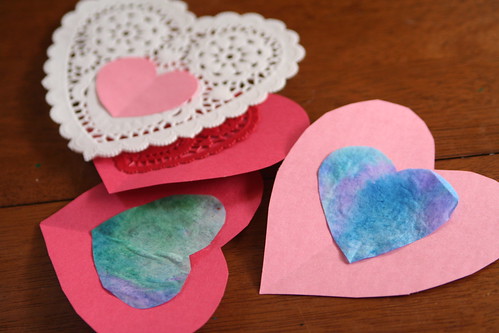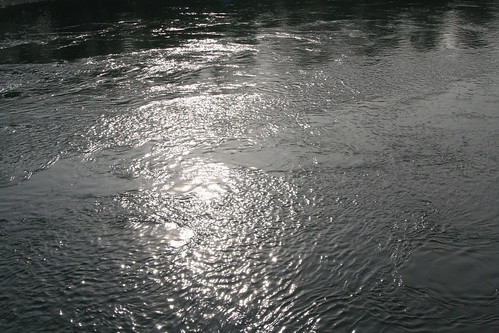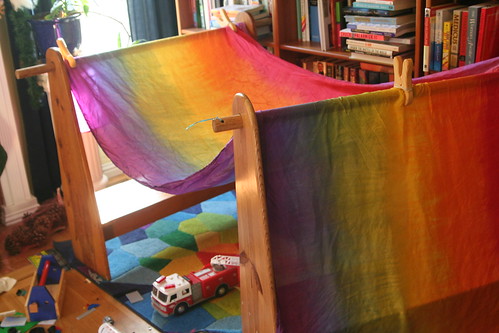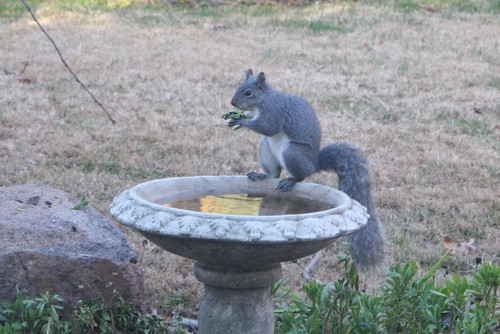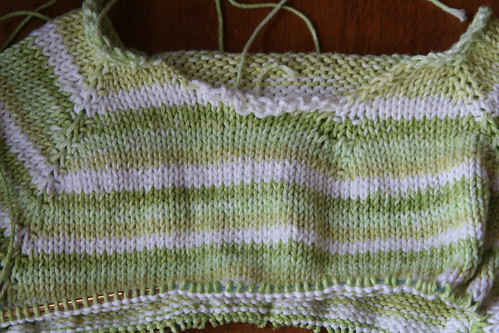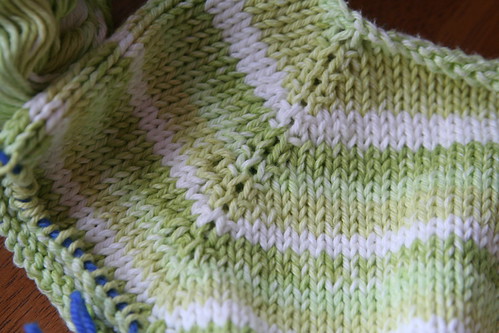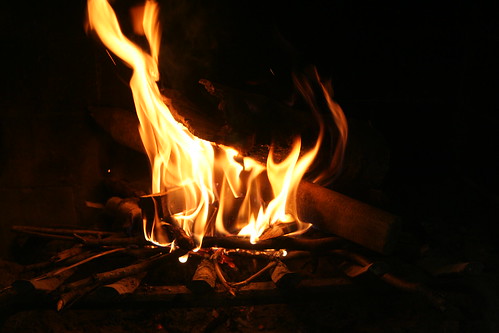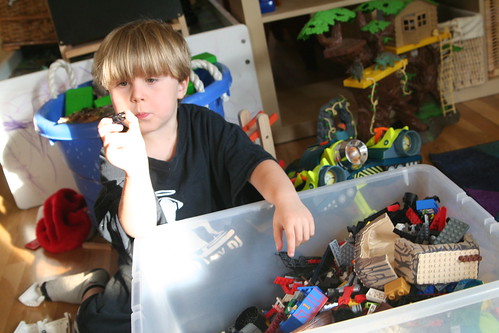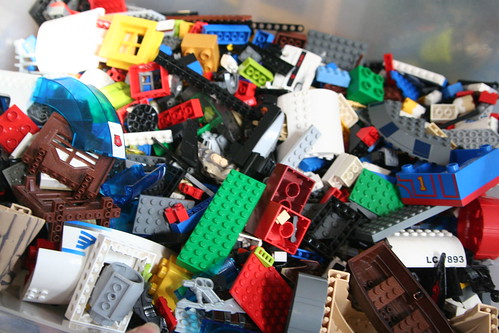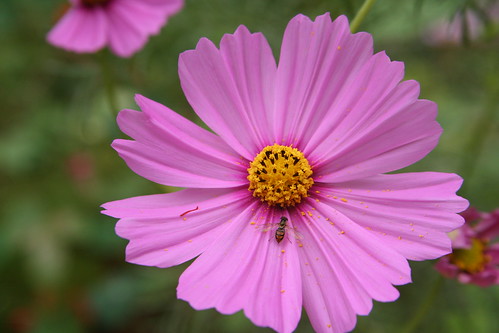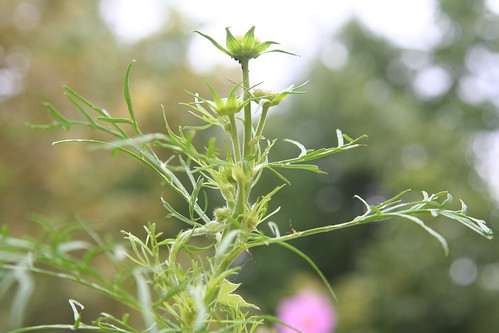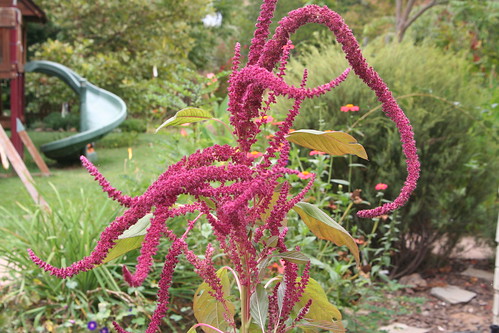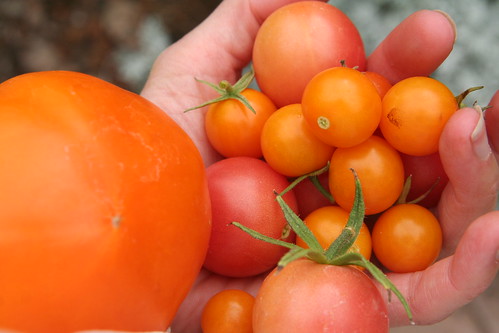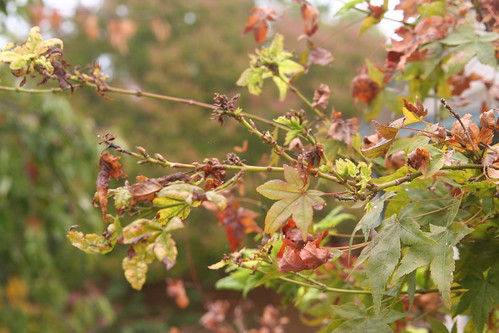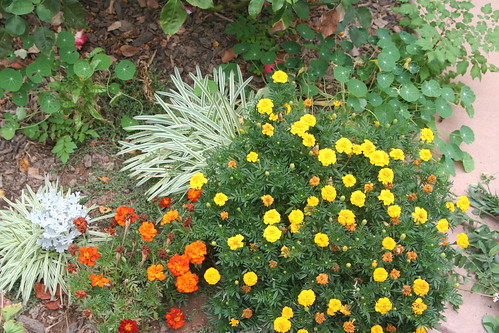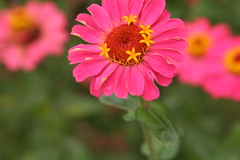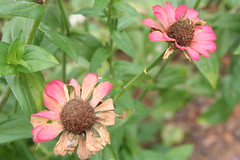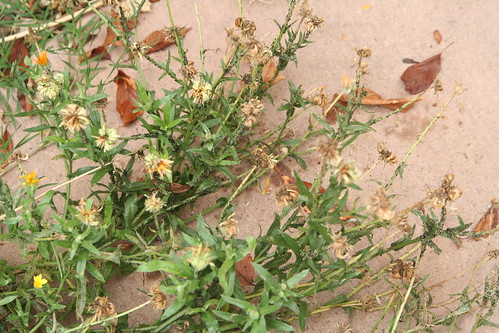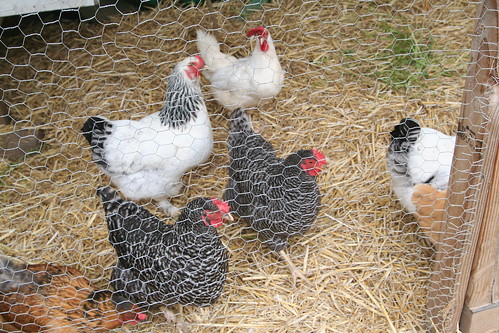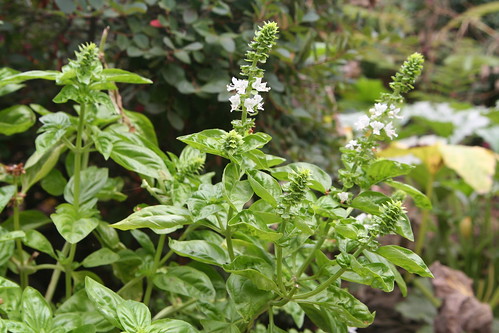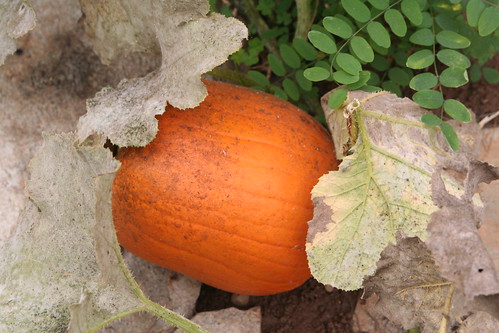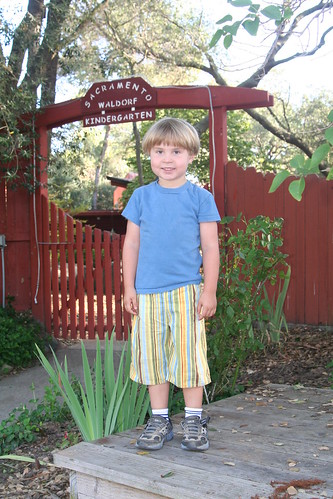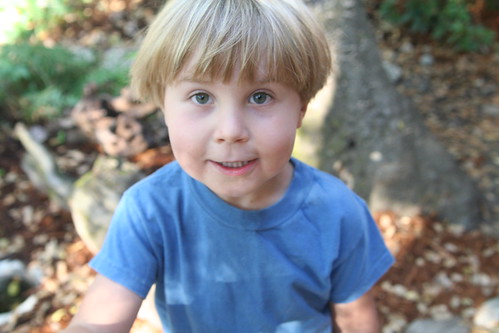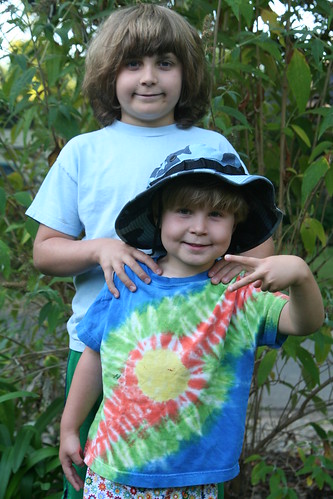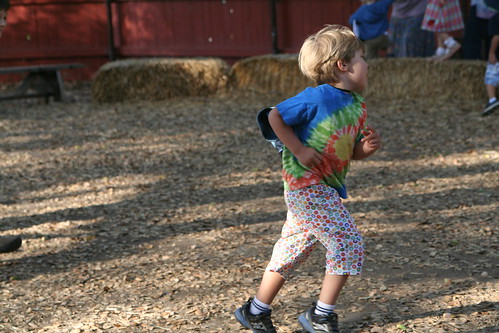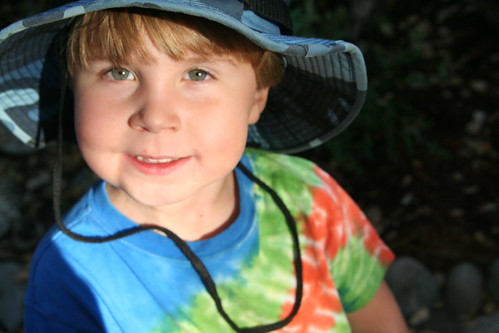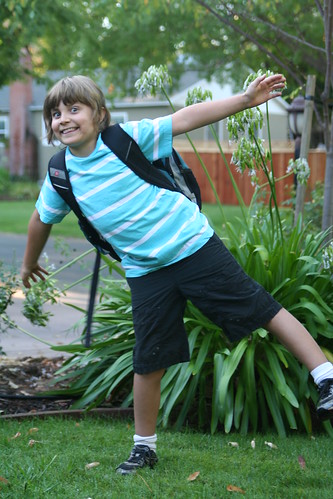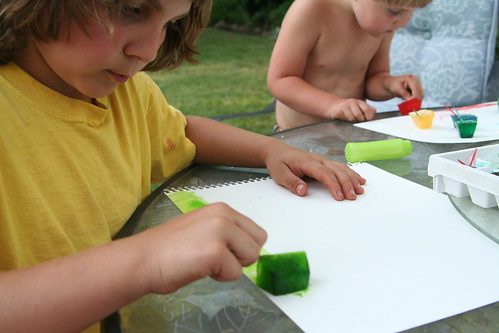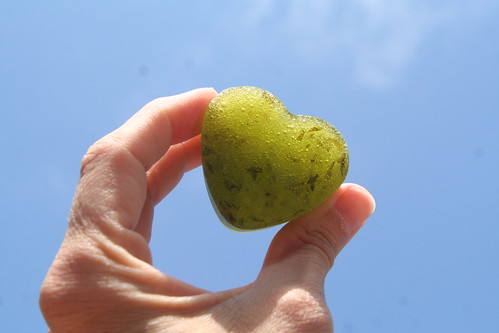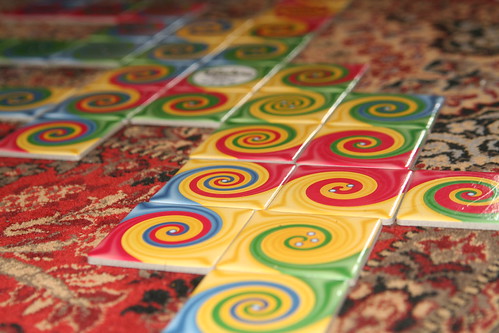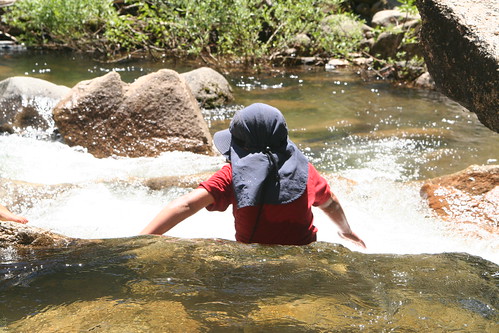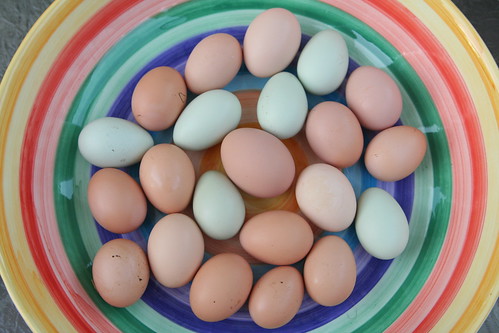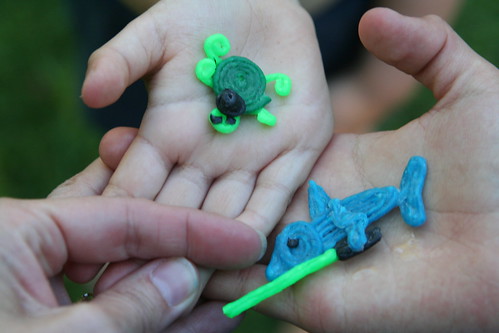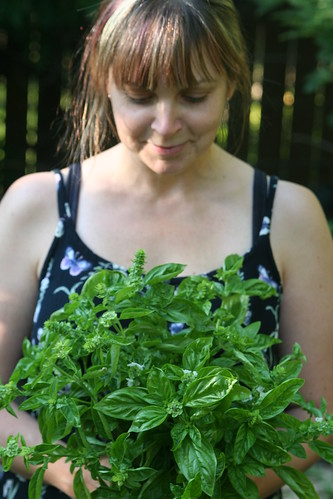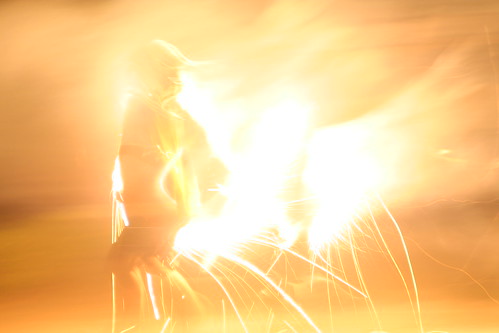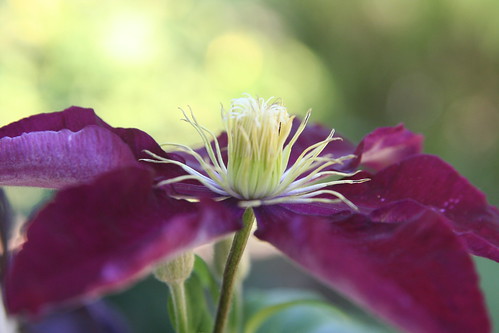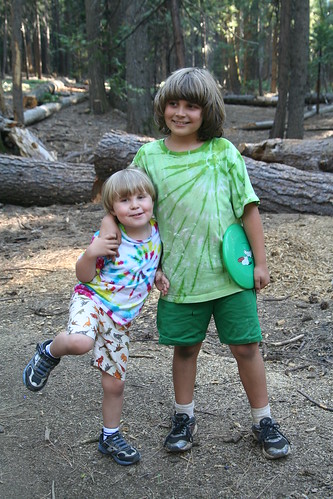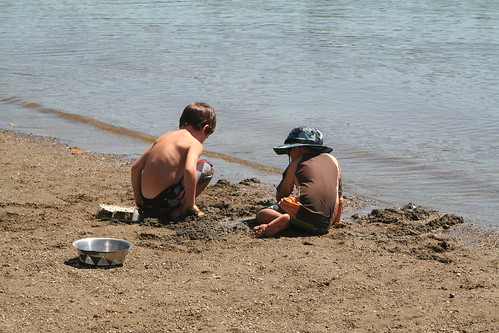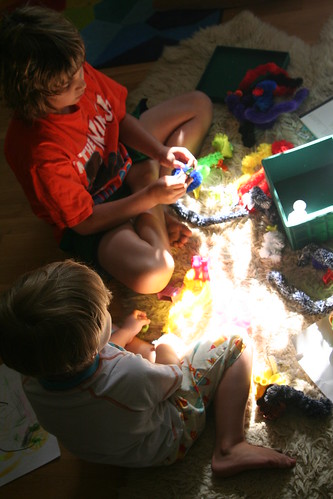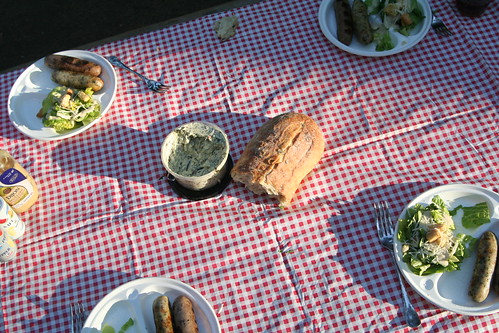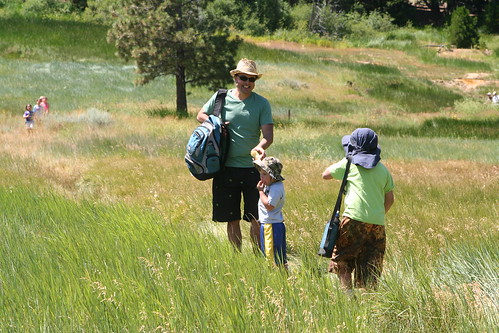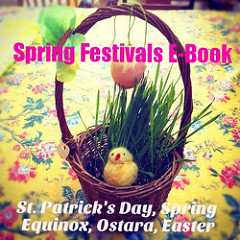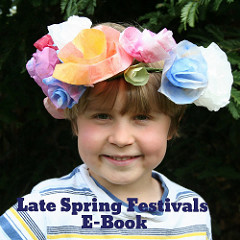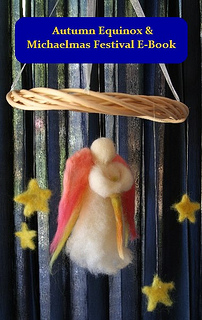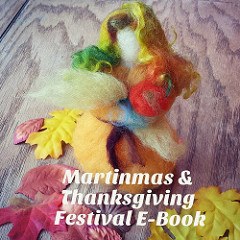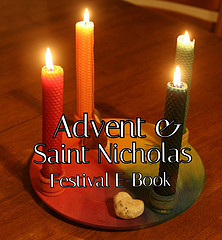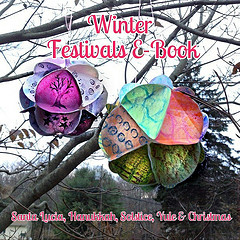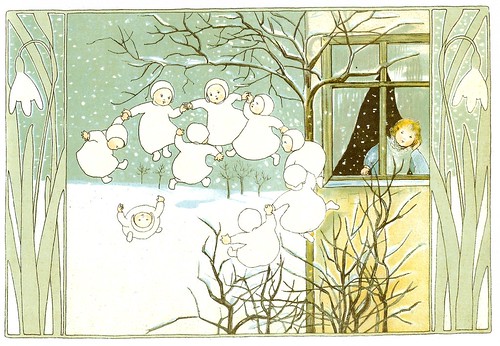
Here are our Top 10 Winter Books for Children. These are our tried-and-true, beloved “read-it-again” books. Many are inexpensive paperbacks, and you might even find some at your local library or used bookstore. I needn’t rank them, I think. If you do delve into any of these with your children, please comment here and tell me what you think. Also, please tell me if you have other favorite winter books to share!


The Snowy Day by Ezra Jack Keats is a classic. You probably read it when you were a child. Have you seen this book lately? The simple text beautifully describes a sweet day of snow play and all of the experiences of snowy weather that would appeal to young children. The boy, Peter, pays attention to his footprints, finds a just-right stick, makes snow angels, pretends, and tries to keep a snowball in his pocket. When he comes inside, his mama helps him take off his wet socks. Sound familiar?


Snow by Cynthia Rylant gently reminds us that playing outside among the drifts and snowflakes and then being snug and warm at home are the great gifts of snow. Others are angels, new friends, and the reminder that only memories last forever. “It will say that it is all right to be happy.” I like books that say that we can be happy in simple things, such as tumbling down a hill or taking a walk to see how beautiful the world is. Underneath all this lovely snow, the flowers are sleeping and the soft green gardens wait.
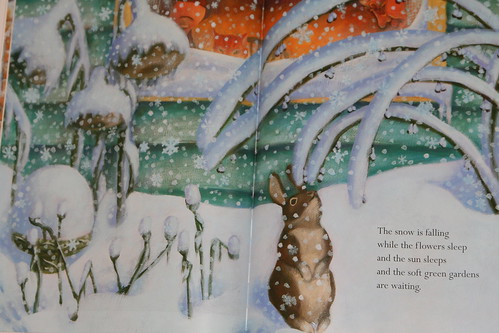


When Winter Comes by Nancy Van Laan answers some very good questions about how birds and animals adapt to winter’s cold temperatures. Chances are good that your children have asked these exact questions of you at some time. The language is lyrical and rhyming. A mommy, daddy, and child explore nature together to find out what happens “when winter comes and the cold winds blow.” I feel this book models how you can enjoy nature outdoors even when it’s cold and dark in winter.


This one we don’t own, but we are greatly enjoying our library copy. Animals in Winter, by Henrietta Bancroft and Richard G. Van Gelder, explains in simple language what the birds, butterflies, bats, woodchuck, pikas, squirrels, mice, deer, rabbits, and foxes do to survive the cold season of winter. The authors deftly explain the concepts of migration, hibernation, food storage, foraging, and hunting as survival techniques. The book also tells you how you can help birds find enough food in winter by building bird feeders and keeping them supplied with seeds, nuts, and fruits.


Another science-oriented library book that nevertheless is filled with wonder at the beauty inherent in snow crystals is The Story of Snow: The Science of Winter’s Wonder by Mark Cassino and Jon Nelson, Ph.D. There are several amazing snow crystal photography books on the market, but this one does the best job of explaining to children how snow crystals form. The macro photography is beautiful and your child may gasp with delight upon seeing the intricate shapes that snow crystals form in nature. These photos make my heart soar.
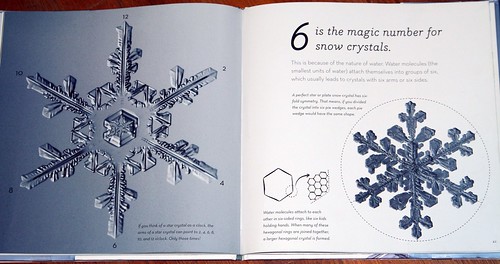


The Tomten is a perennial favorite. We have a beat-up old paperback copy that we read again and again. This book was adapted by Astrid Lindgren from a poem by Viktor Rydberg and has a delightfully slow pace. Not much happens, and what does happens in a repetitious and comforting way, just the kind of simple rhythm that young children respond to so well. A Tomten takes care of the animals of the farm during the dead of night, when everyone is sleeping and no one can see him. No one has ever seen him, but they know he is there. He whispers to the cows in tomten language, “Winters come and winters go, Summers come and summers go, Soon you can graze in the fields.” He has a similarly reassuring message for the horses, the sheep, and the chickens. He is a special friend of the dog. He wishes the children were awake so he could talk to them, too, in tomten language that they can understand, but of course children sleep through the night.
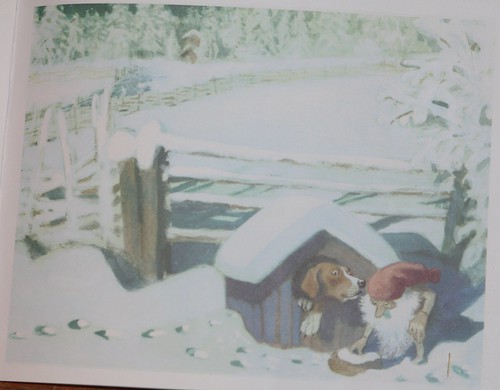


Sybille von Olfers is a favorite among Waldorf-oriented families for good reasons. The Snow Children is the story of Poppy, who goes to play outside when her mother is running an errand away from home. She meets the snow children, who happily take her to visit the Snow Queen. She travels through the snowy woods to the Queen’s ice castle on a sledge pulled by Swirly-Wind. She meets the Snow Queen and the Princess, and gets to join in her birthday celebration featuring white chocolate and sweet ice-cold tea. After a fine time, Poppy is ready to return home to her mother, and eagerly tells her all about her adventures.
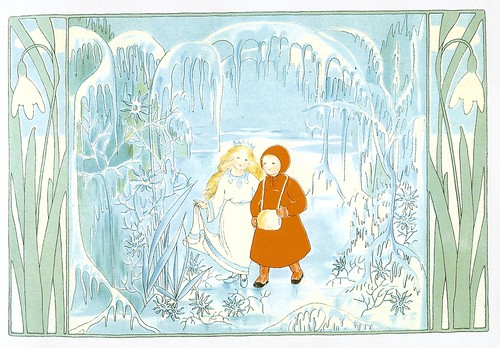


Winter Waits by Lynn Plourde is part of her series of seasonal books, all of which are illustrated by Greg Couch. In this story, Winter is personified as a rambunctious little boy who tries to get his dad, Father Time, to play with him. Unfortunately, Dad is working. While he waits, Winter paints the grass with frost and makes the world sparkle with white. Dad asks him to be patient a bit more. In the meantime, Winter carves ice sculptures out of mountain waterfalls. He wants to show Father Time his creation, but the father’s work still isn’t done. So the boy cuts intricate snowflakes and sprinkles them about. Finally, when presented with the miracle gift of a snowflake, Father says, “Thank you, my son, you fill me with pride.” And then they play, play, play together in that special way that fathers and sons do. This story captures that excruciating waiting that so often accompanies childhood, the exuberance that comes when the wait is finally over, and the special bond between fathers and sons.
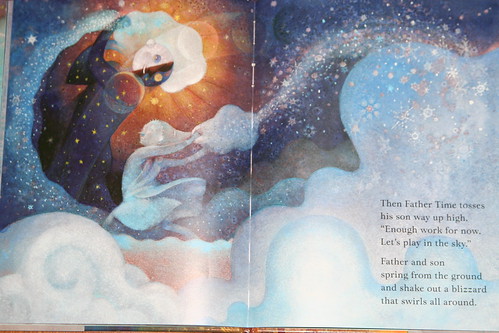


Grandmother Winter by Phyllis Root is a magical tale about an old woman who keeps a flock of geese. All through the spring and summer, Grandmother Winter carefully gathers the goose feathers that the birds drop. In the autumn, she begins to sew a quilt and fills it with feathers. Grandmother shakes out her finished quilt and causes the snowflakes to begin to fall. Children catch the flakes on their tongues and grown-ups stack the firewood high, and the animals get ready to slumber under the mud of the pond or in their cozy dens. She climbs into bed under her new quilt—fine as a blanket of snow—to stay warm through the winter, and her geese tuck their heads under their wings to wait for spring. I adore the artwork by Beth Krommes.
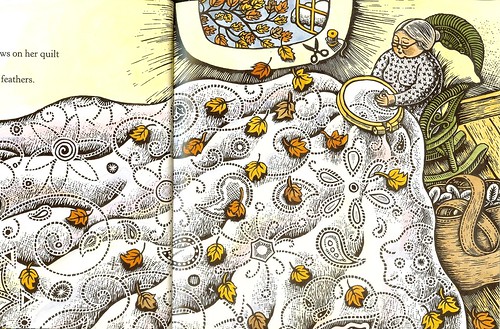


Snipp, Snapp, and Snurr are three Swedish boys in a series of books by Maj Lindman. Snipp, Snapp, Snurr and the The Yellow Sled is a gentle story that my sons love. The brothers see a fancy yellow sled in a shop window and ask their mother if they can earn the money to buy the sled, which they can all ride at the same time. Mother agrees and gives them special chores to do to earn the money. The boys go about their tasks cheerfully—washing dishes, helping with the cooking, doing laundry and the shopping, and scrubbing and dusting the house—just as you want your own children to do. They even bring Mother tea, flowers, and cake on her birthday. After two weeks, Mother agrees to take them to the shop to buy the sled. When they arrive there, they see a little boy who also dearly desires to have the yellow sled, but whose family cannot afford it. The boys agree to give the yellow sled they have earned to the less fortunate boy, and they make him and his siblings so happy in doing so. Mother is pleased with their generosity and agrees to let Snipp, Snapp, and Snurr earn another yellow sled for themselves. I love the example these brothers set with their helpfulness and generosity.
